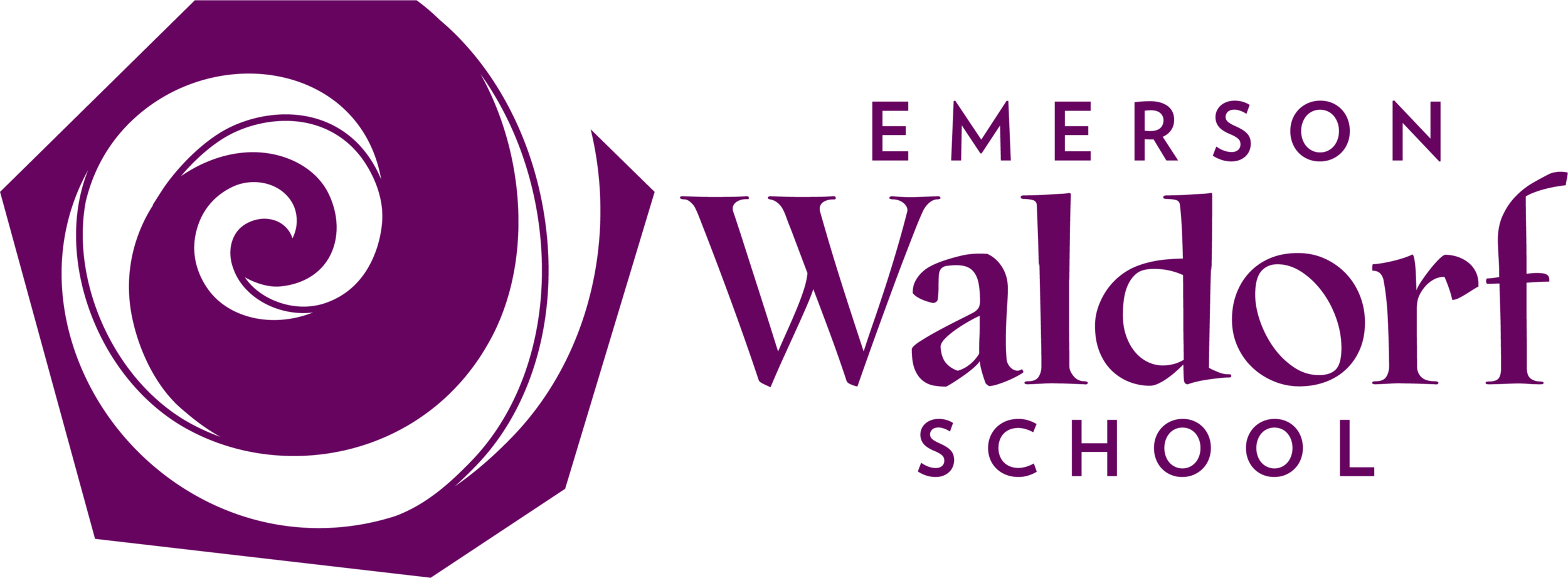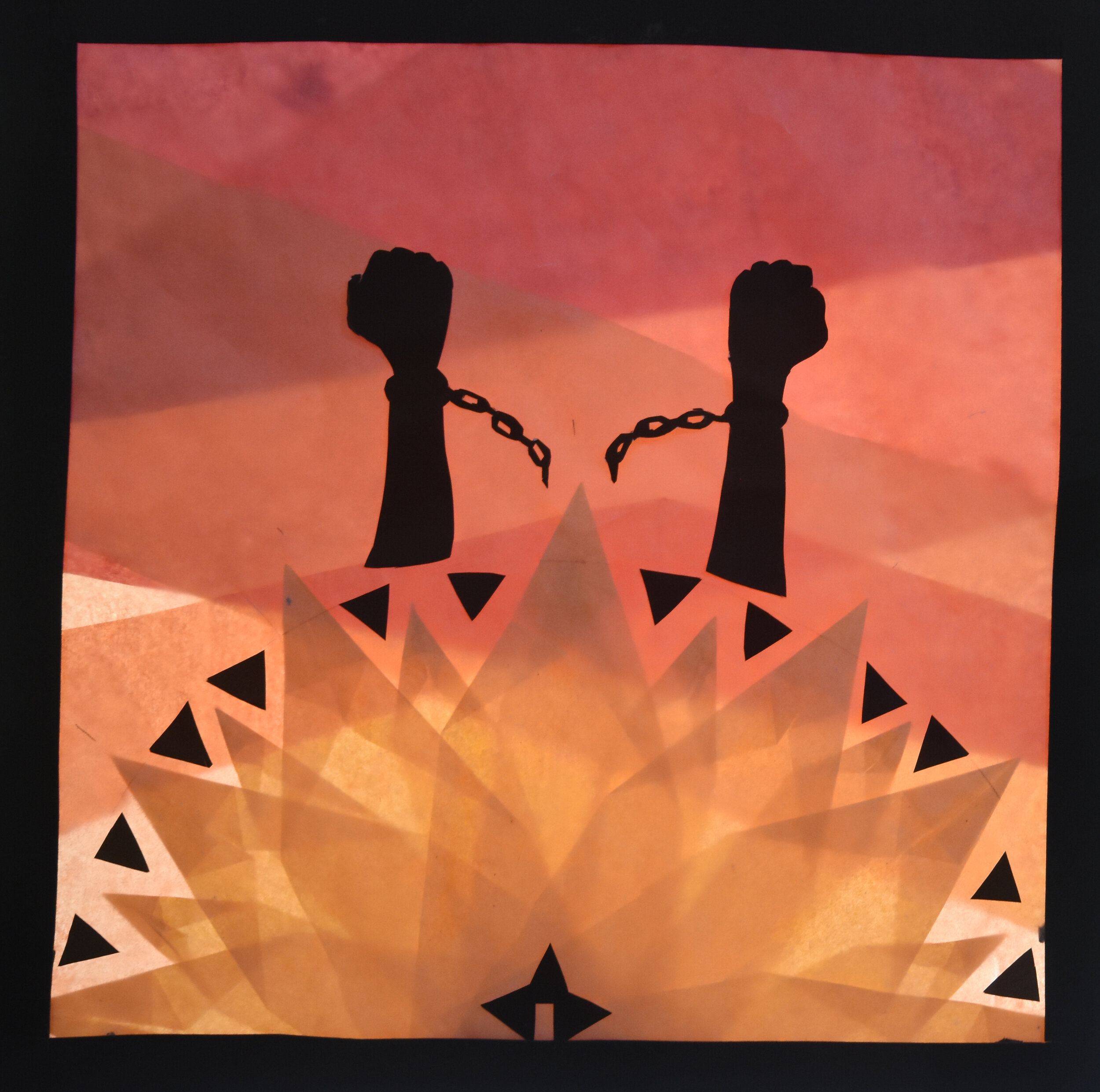Diversity, Equity & Inclusion
Supporting a Gender Inclusive Environment at Emerson Waldorf School | 7.24.23
Land Acknowledgment | 11.23.21
Statement in response to the murder of George Floyd and the ensuing protests | 06.02.20
Emerson Waldorf is committed to providing a safe and nurturing educational environment for every student. We continually seek to improve the ways we serve and support all members of the community. A supportive space is the fertile soil in which all the seeds of diversity may grow. Students feel safer in school when they are educated in a diverse setting, and classroom discussion is enriched with multi-cultural perspectives.
The school’s mission is to be in the vanguard of racial inclusion, and in establishing a community whose diversity may be also defined along ethnic, cultural, gender, sexuality, religious, and economic lines. To do so, we invite speakers and engage in workshops to raise the consciousness of our teachers and staff and to challenge our preconceptions. Training and introspection can then help support our multi-pronged strategy to promote diversity.
First, we regularly review our curriculum to see how we might incorporate stories, paintings, music, and texts from various cultures.
While the traditional Waldorf curriculum is based on European sources, we strive to offer our students experiences from other cultures – a Congolese play, a slave narrative, or an historical narrative of the Lumbee tribe expelling the Klu Klux Klan from a North Carolina county are just a few examples. In addition, teachers strive to acknowledge different perspectives in their teachings. A history lesson about the Vietnam War might include the perspectives of North and South Vietnamese, and tales of European explorers might be complemented by writings of Native Americans.
Second, we endeavor to attract families from underrepresented communities and economically disadvantaged families who would like to benefit from Waldorf education. Our development efforts are directed, in part, to raising money for financial aid for families that otherwise might not be able to afford private school.
Third, we undertake extensive outreach activities to attract and train teachers from under-represented minorities. After all, students respond to teachers who look like them or who have had similar life experiences. And the community of teachers grows in sensitivity, awareness, and exposure along with its diversity.
Statement of free authority
Emerson Waldorf faculty are students of Steiner’s writings, and have come to the school recognizing that his insights are the inspiration of our entire educational enterprise. However, we also affirm that the authority of our school body is held in the present collection of people serving it. The college of teachers adheres to its own free authority to make decisions and develop the curriculum of our school. We do not condone or endorse any of Steiner’s early depictions of gender, religious, or racial hierarchy, and we actively oppose any racialist understanding of evolution. Recognizing the historical and cultural basis for some of Steiner’s indications, we strive to base our education at Emerson progressively in the historical and cultural present. We also reject any belief, assertion, or assumption that the social construct of race has any basis in spirituality, and believe there is no hierarchy of race, gender identity, sexual expression, ethnicity, nationality, religion, or culture. We affirm and embrace all backgrounds, experiences, and identities, knowing that every person makes a rich and valuable contribution to our education and school life. We strive to base our education at Emerson in accordance with Steiner’s later pronouncement that we “must seek to unite people of all races and nations, and to bridge the divisions and differences between various groups of people.”
As a school body, we uphold the Universal Declaration of Human Rights, which states “all human beings are born free and equal in dignity and rights,” and we seek to build an educational environment that enables all students to realize their full freedom and individuality.
Community Study
2020-2021: Faculty and Staff read and studied “Not Light, But Fire” by Matthew Kay.
Summer 2020: Parents, Staff, and Faculty read and studied “Me and White Supremacy” by Layla Saad.
2019-2020: Faculty and Staff read and studied “I”m Still Here: Black Dignity in a World Made for Whiteness” by Austin Channing Brown.
2019-2020: Faculty, Staff, and Parent groups read and discussed “White Fragility: Why It’s So Hard for White People to Talk About Racism” by Robin DiAngelo.


